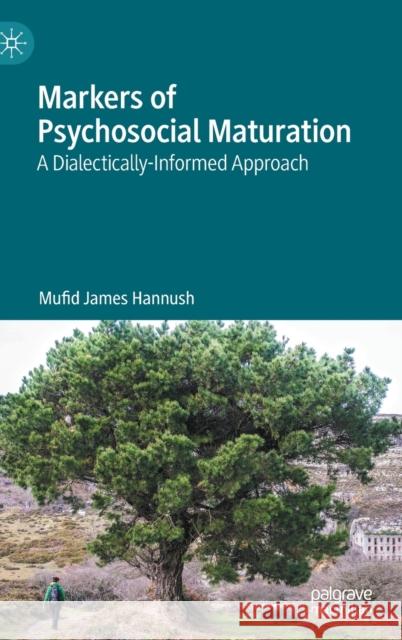Markers of Psychosocial Maturation: A Dialectically-Informed Approach » książka
topmenu
Markers of Psychosocial Maturation: A Dialectically-Informed Approach
ISBN-13: 9783030743147 / Angielski / Twarda / 2021 / 540 str.
Kategorie:
Kategorie BISAC:
Wydawca:
Palgrave MacMillan
Język:
Angielski
ISBN-13:
9783030743147
Rok wydania:
2021
Wydanie:
2021
Ilość stron:
540
Waga:
0.94 kg
Wymiary:
23.39 x 15.6 x 3.02
Oprawa:
Twarda
Wolumenów:
01
Dodatkowe informacje:
Wydanie ilustrowane











